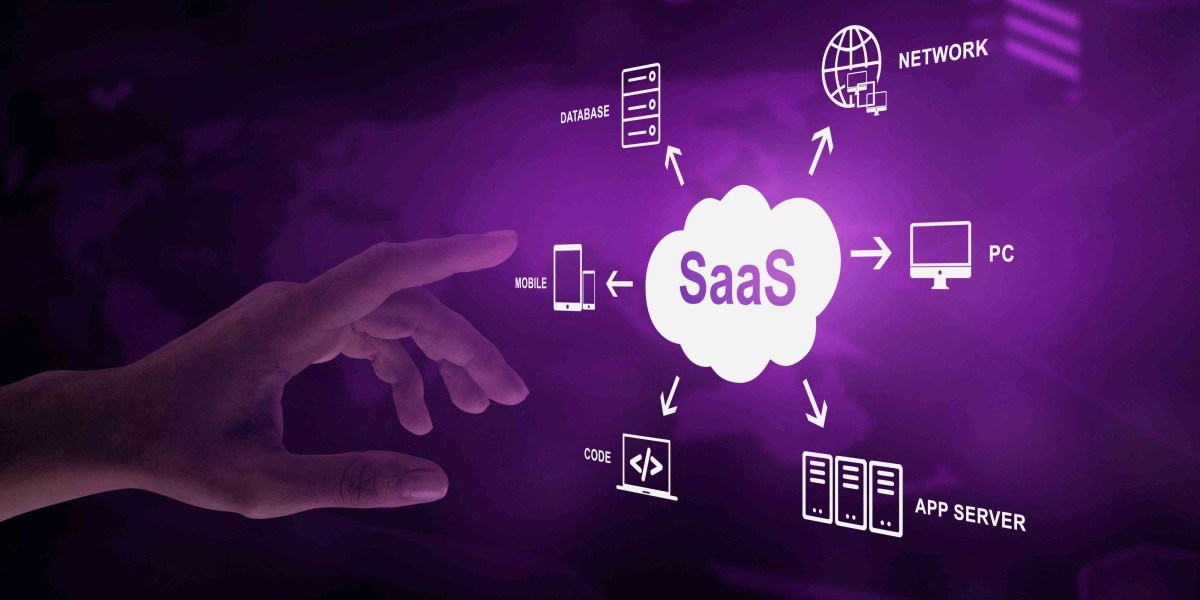The software development services industry is constantly evolving, driven by innovation and the ever-changing needs of businesses. In recent years, one technology has emerged as a potential game-changer: blockchain. While often associated with cryptocurrencies, blockchain offers a unique set of features that are revolutionizing the way software services are developed, deployed, and managed.
This article explores three key ways blockchain technology is transforming software services:
Enhanced Security and Trust
Streamlined Processes and Automation
Decentralized Applications and New Business Models
Enhanced Security and Trust
Software services rely heavily on data security and user trust. Breaches and vulnerabilities can have devastating consequences, from financial losses to reputational damage. Blockchain addresses this challenge by offering a secure and transparent way to store and manage data.
Key benefits of blockchain for software security:
Immutability: Transactions on a blockchain are permanent and tamper-proof. Once data is recorded, it cannot be altered or deleted, creating a reliable audit trail.
Decentralization: Data is not stored on a single server but distributed across a network of computers. This makes hacking attempts significantly more difficult.
Cryptography: Blockchain uses strong cryptographic techniques to ensure data confidentiality and authenticity.
Impact on software services:
Secure software delivery: Blockchain can be used to create secure channels for software updates and distribution, reducing the risk of malware injection.
Data provenance and compliance: Companies can leverage blockchain to track data origin and ownership, simplifying compliance with regulations like GDPR and CCPA.
Strengthened user authentication: Blockchain-based identity management systems offer a more secure and user-friendly way for users to access software services.
Streamlined Processes and Automation
Traditional software development solutions often involve complex workflows with multiple intermediaries. Blockchain can streamline these processes by introducing automation and reducing reliance on third parties.
Key benefits of blockchain for process automation:
Smart contracts: These self-executing contracts automatically execute pre-defined terms when specific conditions are met. This eliminates the need for manual verification and approval processes.
Improved data exchange: Blockchain facilitates secure and frictionless data exchange between different parties involved in the software development lifecycle.
Increased transparency: All participants in a blockchain network have access to the same data, promoting transparency and fostering collaboration.
Impact on software services:
Automated software deployments: Smart contracts can automate software deployments once development milestones are met, accelerating release cycles.
Streamlined supply chain management: Blockchain can track software components and dependencies across the development chain, simplifying logistics and reducing errors.
Enhanced collaboration on projects: Blockchain fosters secure and transparent collaboration between developers, clients, and other stakeholders throughout the development process.
Decentralized Applications and New Business Models
Blockchain opens up exciting possibilities for a new generation of software applications – decentralized applications (dApps). These applications operate on a decentralized network, removing the need for a central authority.
Unique features of dApps:
Open-source and censorship-resistant: dApps are typically built on open-source code and cannot be shut down by any single entity.
Enhanced user control: Users have greater control over their data within dApps compared to traditional software models.
New economic models: dApps can facilitate peer-to-peer transactions and create new token-based economic models within software services.
Impact on software services:
Decentralized marketplaces: Software services can leverage blockchain to create secure and transparent marketplaces for data, resources, and digital assets.
Micropayments and subscriptions: dApps can facilitate micropayments and innovative subscription models for software services.
Empowering users: The user-centric nature of dApps can create new opportunities for user ownership and participation within software ecosystems.
It is important to note that blockchain technology is still in its early stages of development. While the potential benefits for software services are vast, there are still challenges to overcome. Scalability, regulatory uncertainty, and the need for interoperability between different blockchain platforms are some of the key hurdles.
However, the ongoing innovation in the blockchain space is promising. As these challenges are addressed and the technology matures, we can expect blockchain to play an even more significant role in transforming the way software services are developed, deployed, and used.
Conclusion
The convergence of software services and blockchain technology is ushering in a new era of innovation. By enhancing security, streamlining processes, and enabling novel dApps, blockchain holds immense potential to reshape the software services landscape.
For software development companies, embracing blockchain expertise will be key to staying ahead of the curve. By exploring the possibilities of blockchain integration, software service providers can offer their clients solutions that are more secure, efficient, and user-centric.
The future of software services promises to be increasingly decentralized, transparent, and user-empowering. Blockchain technology is a powerful tool that can help us achieve this vision and create a more secure and dynamic software ecosystem for all stakeholders.








